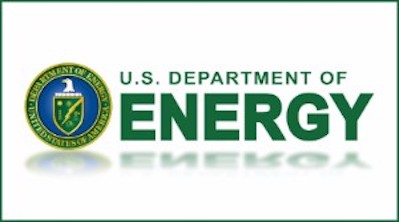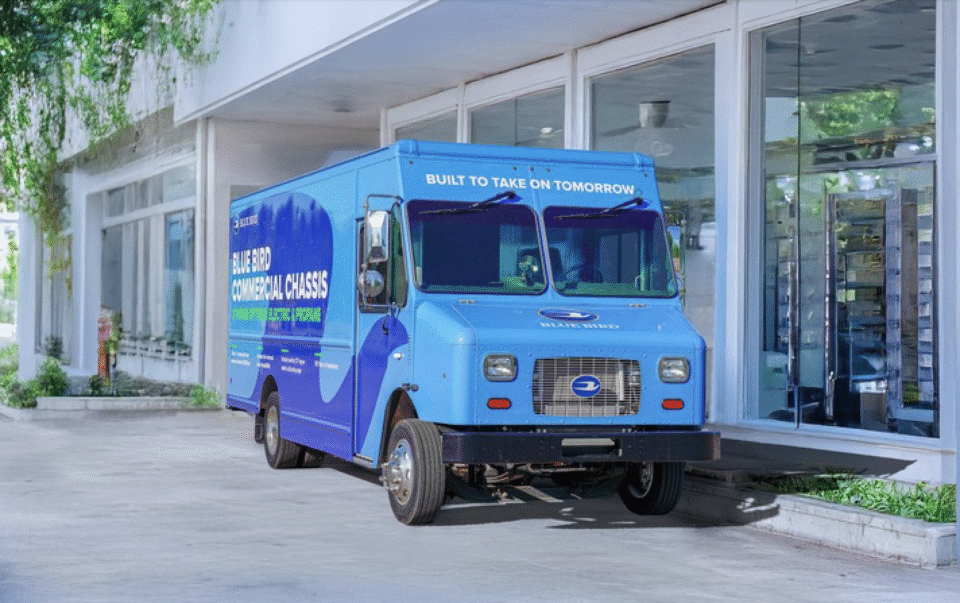Biden-Harris Administration Announces $7 Billion For America’s First Clean Hydrogen Hubs

As part of President Biden’s Investing in America agenda, the U.S. Department of Energy (DOE) is allocating $7 billion to launch seven Regional Clean Hydrogen Hubs (H2Hubs) nationwide. The H2Hubs will focus on commercial-scale deployment of low-cost, clean hydrogen, aiming to collectively produce three million metric tons annually by 2030. The hubs will play a role in decarbonizing hard-to-decarbonize industrial sectors and are expected to reduce 25 million metric tons of carbon dioxide emissions annually. This initiative is a significant investment in clean manufacturing and job creation.“Today’s announcement is one of the largest investments in clean manufacturing and jobs in history. This transformative Federal investment will be matched by recipients to leverage a total of nearly $50 billion to strengthen local economies, create and maintain high-quality jobs—especially those that support worker organizing and collective bargaining—and slash harmful emissions that jeopardize public health and pollute local ecosystems. In addition to positioning America to be a global leader in emerging clean energy industries, the H2Hubs will implement comprehensive local benefits and workforce proposals to support the President’s vision of an equitable and inclusive clean energy future.”The Midwest Hydrogen Hub, known as Midwest Alliance for Clean Hydrogen (MachH2), covers Illinois, Indiana, and Michigan and was one of the selected hubs. It aims to contribute to decarbonization in a key U.S. industrial and transportation corridor. The hub plans to strategically use hydrogen in various sectors, including steel and glass production, power generation, refining, heavy-duty transportation, and sustainable aviation fuel. The production of hydrogen will utilize diverse energy sources like renewable energy, natural gas, and low-cost nuclear energy. The anticipated impact includes creating 13,600 direct jobs, with 12,100 in construction and 1,500 permanent positions, supported by up to $1 billion in funding.Read more




